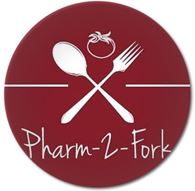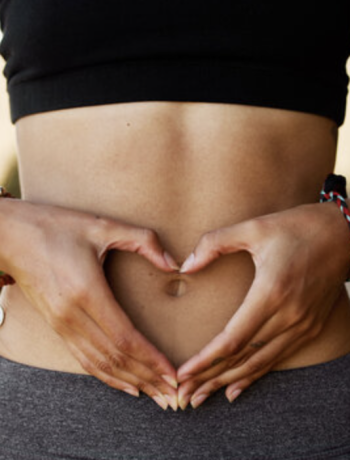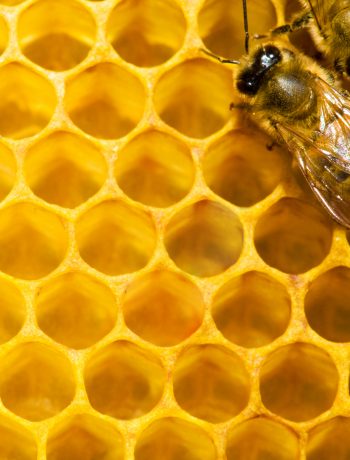

For many of us, scrutinizing the kinds of food we eat is something we do every day. We may scold ourselves for indulging in foods like cake and ice cream, and when it’s time to diet, we with hold all festive foods. We already know that reducing carbohydrates and increasing fruits and vegetables is the wise thing to do when on a diet, but few of us take the time to look into recent scientific data regarding circadian rhythms and our metabolism.
Circadian rhythm research has been going on for decades, and although the original research began in small animals, the results can easily be applied to human metabolism. By optimizing the timing of your eating, you can synchronize your metabolism with your circadian rhythm, and achieve fat burn.
So how exactly do you apply this strategy to boost your metabolism? It really has to do with understanding your circadian rhythm. Because we all have an innate circadian rhythm, the timing of when you eat is just as important as what you eat. And I'll emphasize that again, "the timing of when you eat".
So for example, someone who eats for a longer duration in a day may consume fewer and healthier calories, but they may not lose as much weight as someone who is consuming more unhealthy calories during a shorter duration of eating during the day.
To decipher this you have to understand that your eating duration starts from that 1st cup of coffee to the very last thing you ingest in the evening, be it an orange slice or your vitamins. That duration of time is considered your 'eating time' in circadian biology. If you’re eating time is long or extended, you’re more likely to have very sluggish metabolism.
If your intention is to speed up your metabolism, you would want to reduce your total eating time in a day. The more consistent you are with this, the more you'll optimize your metabolism and move it into the phase of fat burning. Ultimately what you're doing is extending your total fasting time in a day.
So for those of you who think that you’re building muscle mass by having a bite or two of peanut butter before you go to bed, a circadian biologist would consider this the worst thing to do! Only if you want to build up fat, (think Sumo wrestlers) would you want to eat later in the evening or close to bedtime!Time your metabolism?





No Comments